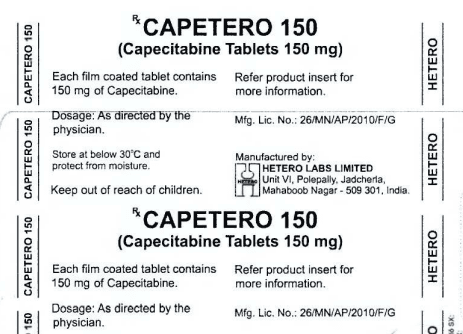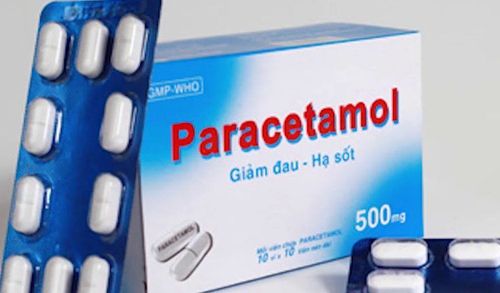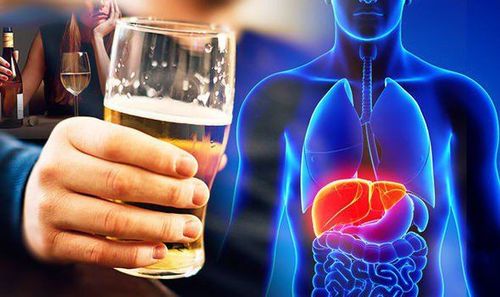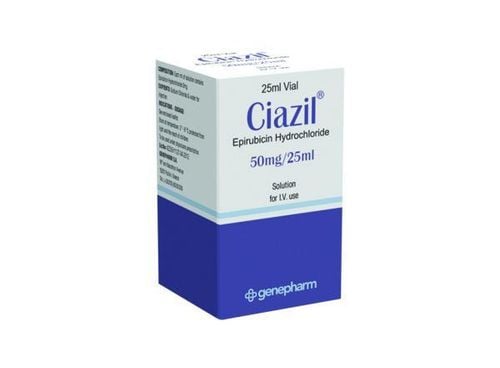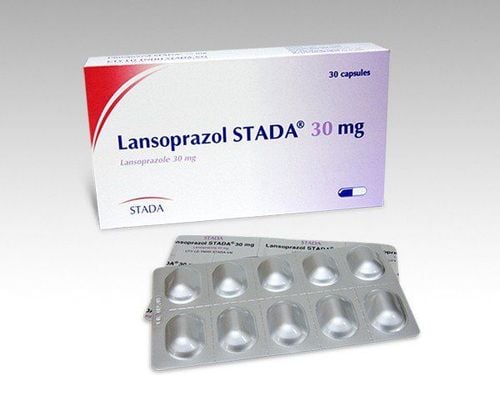This is an automatically translated article.
People only know that smoking and exposing skin to the sun can cause cancer, but few people do not realize the danger of cancer that can come from drinking alcohol or cocktails. Researchers have found that drinking alcohol causes various chemical and physical changes in the body that make cancer more likely. Alcohol is responsible for approximately 5% of cancer-related cases and deaths worldwide.
1. What is alcohol?
Alcohol is the common term for ethanol or ethyl alcohol, a chemical found in alcoholic beverages such as beer, cider, malt liquor, wine, and distilled spirits. Alcohol is produced by the fermentation of sugars and starches by yeast. Alcohol is also found in some medicines, mouthwashes, and household products (including vanilla extract and other flavorings).
According to the National Institute on Alcohol Abuse and Alcoholism, a standard alcoholic beverage in the United States contains 14.0 grams of pure alcohol. matter. Generally, this amount of pure alcohol is found in:
340 ml of beer 230 - 260 ml of malt liquor 140 ml of alcohol These amounts are used by Health professionals in developing health guidelines for recommended alcohol consumption and to provide people with a comparison of the amount of alcohol they consume.
According to the Federal Government Dietary Guidelines for Americans 2015-2020, non-drinkers should not start drinking for any reason. In addition, the recommendation states that if alcohol is consumed, it should be consumed in moderation and defines a moderate amount as a maximum of one drink per day for women and a maximum of two drinks per day for men.
Heavy drinking is defined as 4 or more drinks on any day or 8 or more drinks in a week for women and 5 or more drinks on any day or 15 or more drinks in a week for male. Binge drinking is defined as consuming 4 or more drinks for women and 5 or more drinks for men in a single drink (usually within 2 hours).
2. Is there any scientific evidence that alcohol increases the risk of cancer?
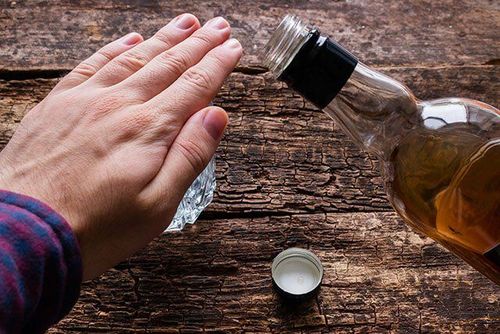
Rượu làm tăng nguy cơ ung thư
Scientists all over the world strongly agree that drinking alcohol causes cancer. In its Carcinogens Report, the National Toxicology Research Program of the U.S. Department of Health and Human Services lists alcohol consumption as a human carcinogen.
There is a lot of evidence that shows that the more alcohol a person drinks, especially the more alcohol a person drinks over time, the higher the risk of alcohol-related cancers. Even light drinkers (who don't drink more than one drink per day) and binge drinkers are at increased risk for some cancers. Based on data from 2009, an estimated 3.5% of cancer deaths in the United States (about 19,500 deaths) are related to alcohol.
The following is evidence about alcohol consumption and the development of some types of cancer:
Head and neck cancer : Moderate to heavy alcohol consumption is strongly associated with the risk of head and neck cancer neck. Moderate drinkers were 1.8 times more likely to develop oral cavity disease (excluding the lips) and 1.4 times higher risk of nasopharyngeal and laryngeal cancers compared with non-drinkers. Heavy drinkers have 5 times higher risk of oral cavity cancer and nasopharyngeal cancer, 2.6 times higher risk of laryngeal cancer. In addition, the risk of these cancers is even higher when people drink alcohol combined with tobacco use. Esophageal cancer: Alcohol consumption at any level is associated with an increased risk of a cancer of the esophagus called squamous cell carcinoma. Compared with non-drinkers, the risk of alcohol drinkers ranges from 1.3 times higher for light drinkers to nearly 5 times higher for heavy drinkers. In addition, people with alcohol-metabolizing enzyme deficiency have a significantly increased risk of squamous cell carcinoma if they drink alcohol. Liver cancer: Heavy alcohol consumption is associated with a 2-fold increased risk of two types of liver cancer (hepatocellular carcinoma and intrahepatic cholangiocarcinoma).
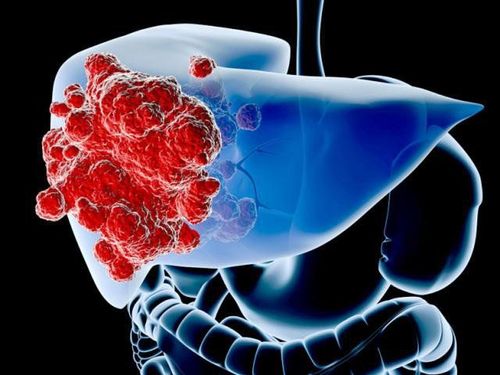
Tiêu thụ rượu nặng có thể làm tăng nguy cơ mắc ung thư gan
Breast cancer : Epidemiological studies have consistently found an increased risk of breast cancer with increased alcohol consumption. Pooled data from 118 studies have shown that light, moderate and heavy drinkers have an increased risk of breast cancer from 1.04 times, 1.23 times, and 1.6 times compared with non-alcoholic drinkers. do not drink. Colorectal cancer: Moderate to heavy alcohol consumption is associated with a 1.2 to 1.5 times increased risk of colon and rectal cancer compared with non-alcoholics. Many studies have looked at whether there is an association between alcohol consumption and the risk of other cancers. Some evidence suggests that alcohol is associated with an increased risk of melanoma and cancers of the prostate and pancreas. However, for other cancers such as ovarian, prostate, stomach, uterine, and bladder cancers, there is no association with alcohol use or the evidence is inconsistent. Alcohol consumption has also been associated with a reduced risk of kidney cancer and non-Hodgkin lymphoma in many studies. However, any potential benefits of alcohol consumption for reducing the risk of certain cancers cannot be compared with the harms caused by alcohol consumption. In fact, a recent study that pulled data from more than 1000 alcohol studies and data sources, as well as mortality and disability records from 195 countries and territories between 1990 and 2016, concluded argued that the optimal number of beverages to consume per day to reduce overall risk to health is zero. That study did not include data on kidney cancer or non-Hodgkin lymphoma.
3. How alcohol increases cancer risk
Researchers have hypothesized many ways that alcohol may increase cancer risk, including:
Converting ethanol in alcoholic beverages to acetaldehyde, which is a toxic chemical and known to cause cancer. human cancer; Acetaldehyde can damage both the patient's DNA and the proteins. Produces highly reactive forms of oxygen, which can damage DNA, proteins and lipids (fats) present in the body through oxidation. Impaired ability to break down and absorb many nutrients may be linked to cancer risk, including vitamin A; nutrients in vitamin B complex, such as folate; vitamin C; vitamin D; vitamin E and carotenoids Increase blood levels of estrogen, a sex hormone linked to breast cancer risk. Alcoholic beverages can also contain many carcinogenic contaminants introduced during fermentation and production, such as nitrosamines, asbestos fibers, phenols and hydrocarbons.
Please dial HOTLINE for more information or register for an appointment HERE. Download MyVinmec app to make appointments faster and to manage your bookings easily.
Article reference source: Webmd.com; Cancer.gov



